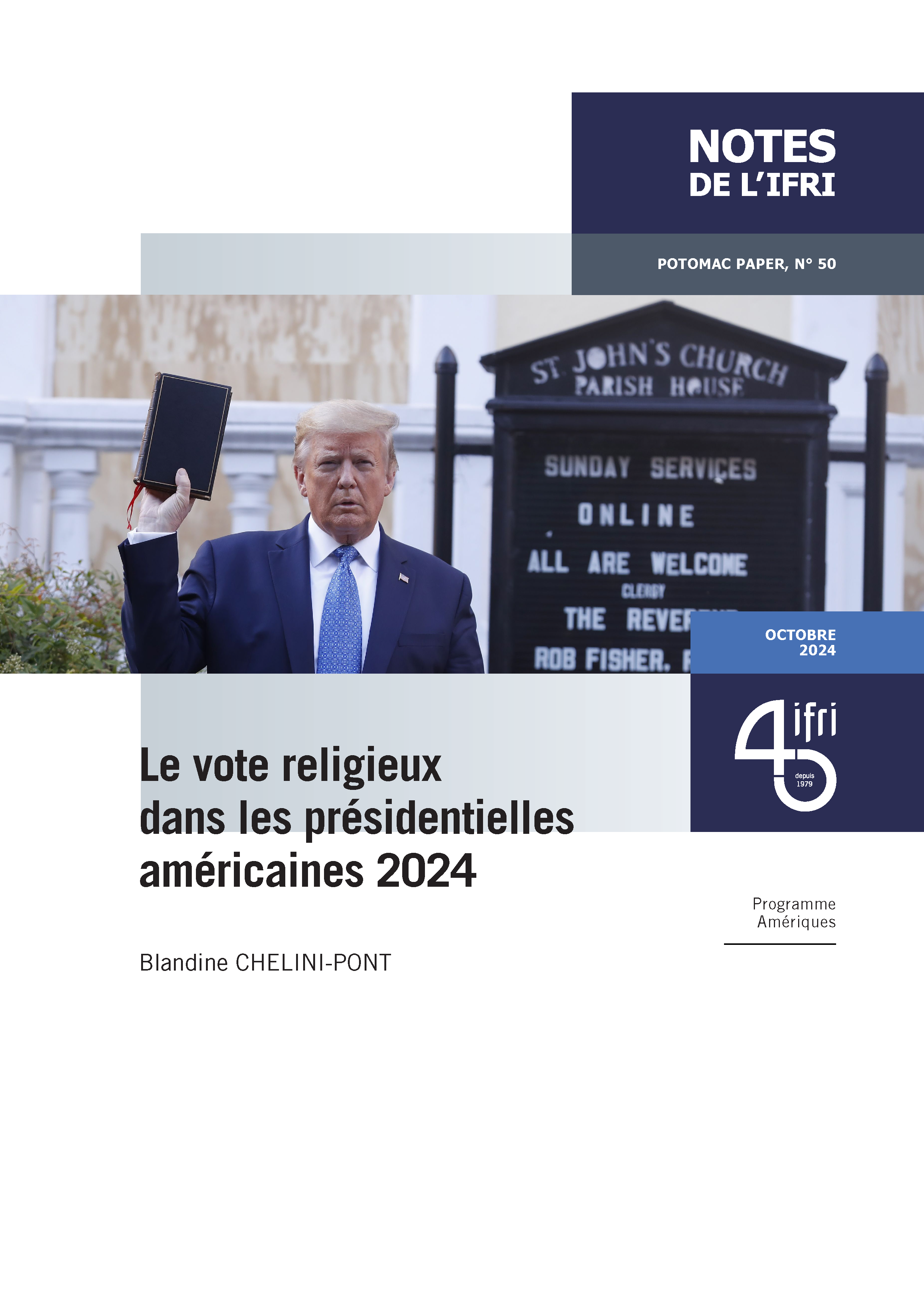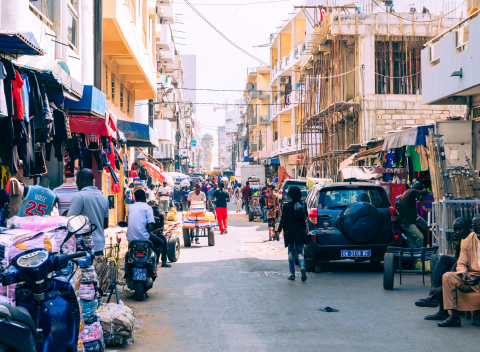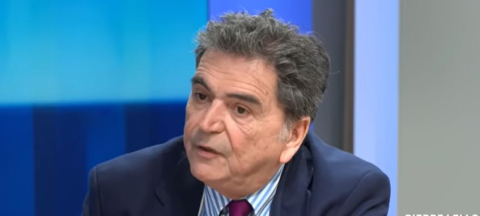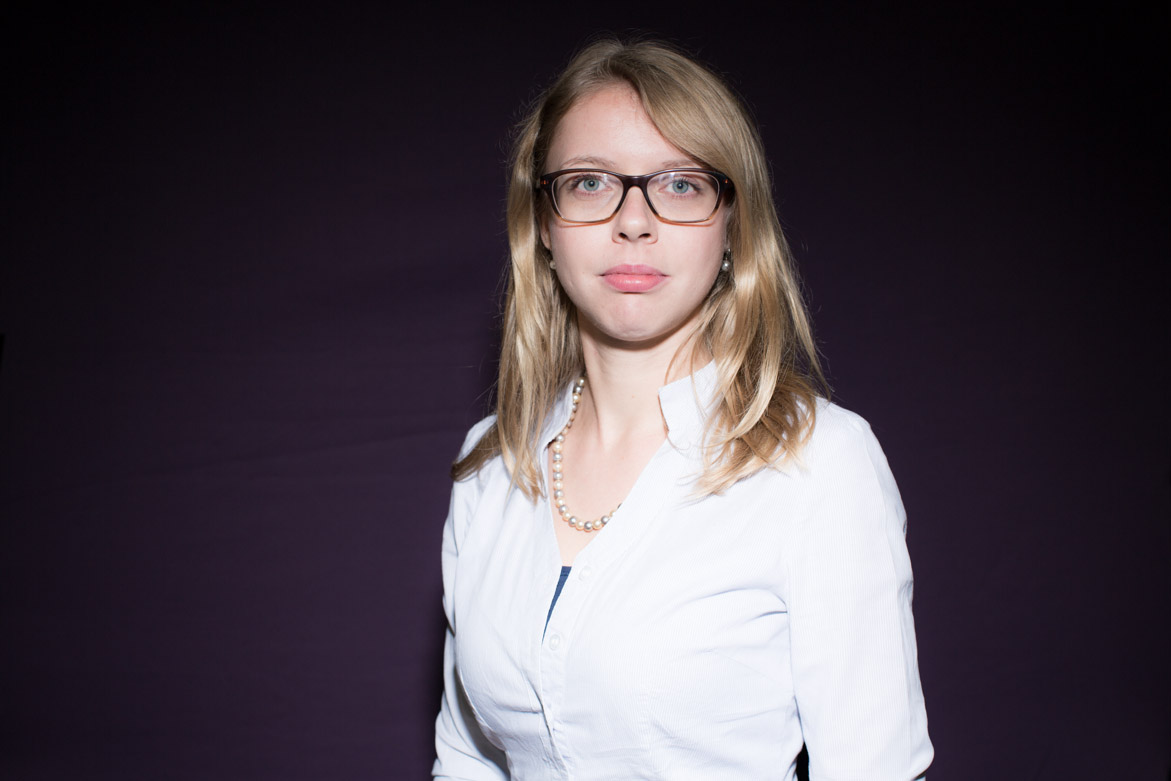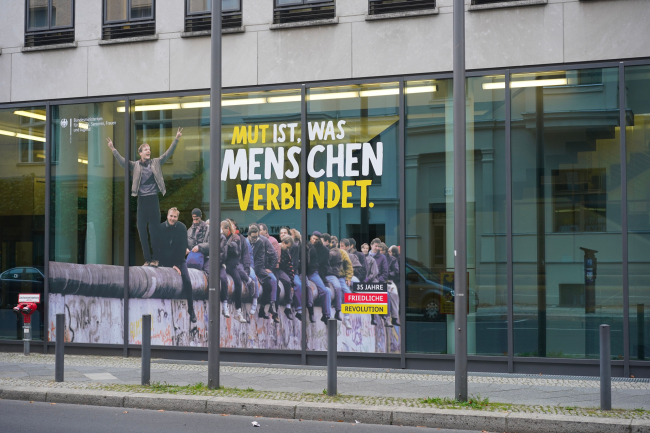A Hohenschönhausen Memorial Centre in the Nahdour Prison

Shortly after the fall of Zine el-Abidine Ben, the Ministry of the Interior was opened briefly to school groups. What then happened is a good illustration of how Tunisia treats the heavy legacy of the Ben-Ali-years. The children painted the walls of the former interrogation cells with crayons. Painting over the past, however, cannot be a satisfactory response for society and will continually be scandalized by democratic principles. If today we fortunately enjoy freedom of expression, this should not lead to wishing members of the Ennahda party back into their previous prison cells as soon as the people want to punish the government. The most important role of government agencies and civil rights groups will accordingly be to defuse the explosiveness of the political debate and raise it to the level of civil society. Former prison cells must be opened for viewing by civil society so that there will no longer be political prisoners in Tunisia"s young democracy and victims should be compensated or recognized for the first time as victims, regardless of their political orientation.
With the project Scholars in Residence, taking the processes of transformation as point of departure, the Goethe-Institut seeks to promote intercultural dialogue in the area of academic research and to strengthen scientific relations between Germany and the Arabic world on a long-term basis.
Scholars in Residence is part of the German-Egyptian and German-Tunisian transformation partnership 2012-2013. The project is an initiative by the Goethe-Institut and being carried out in cooperation with the Institute for Advanced Studies in the Humanities (KWI) and the Ruhr University Bochum"s Centre of Mediterranean Studies (ZMS). Funded with special grants provided by the German Federal Foreign Office.

Contenu disponible en :
Régions et thématiques
Utilisation
Comment citer cette publicationPartager
Centres et programmes liés
Découvrez nos autres centres et programmes de rechercheEn savoir plus
Découvrir toutes nos analysesTrente-cinq ans après la chute du mur de Berlin : à l’Est quoi de nouveau ?
À l’occasion du 9 novembre 2024, qui voit célébrer le 35e anniversaire de la chute du mur de Berlin, partons d’un constat : le mur de Berlin n’est pas « tombé » dans la nuit du 9 novembre 1989.
La politique étrangère de l’Allemagne : une transformation inachevée
Dans un discours du 27 février 2022 devant le Bundestag, le chancelier Olaf Scholz a qualifié la rupture provoquée par l'intervention russe en Ukraine de « changement d'époque » (Zeitenwende). Ces mots puissant marquent la fin de la retenue et d'une certaine forme de naïveté allemande. Tiraillé entre la nécessité de conserver les bonnes grâces de l'allié américain et celle de ménager le partenaire commercial chinois, Berlin est mis face à ses propres contradictions.
L'Allemagne et l'OTAN : la nécessité d'un engagement accru
La guerre d'Ukraine fait prendre brutalement conscience à l'Allemagne de la vulnérabilité de son territoire et révèle l'état d'impréparation de son armée pour participer à u conflit de haute intensité.
La France et l'Allemagne face aux enjeux de la politique sociale de l'Union européenne
Depuis la signature des Traités de Rome en 1957, la dimension sociale de la construction européenne s'est progressivement imposée dans les négociations entre les États membres et elle fait aujourd'hui partie intégrante de l'acquis communautaire.


